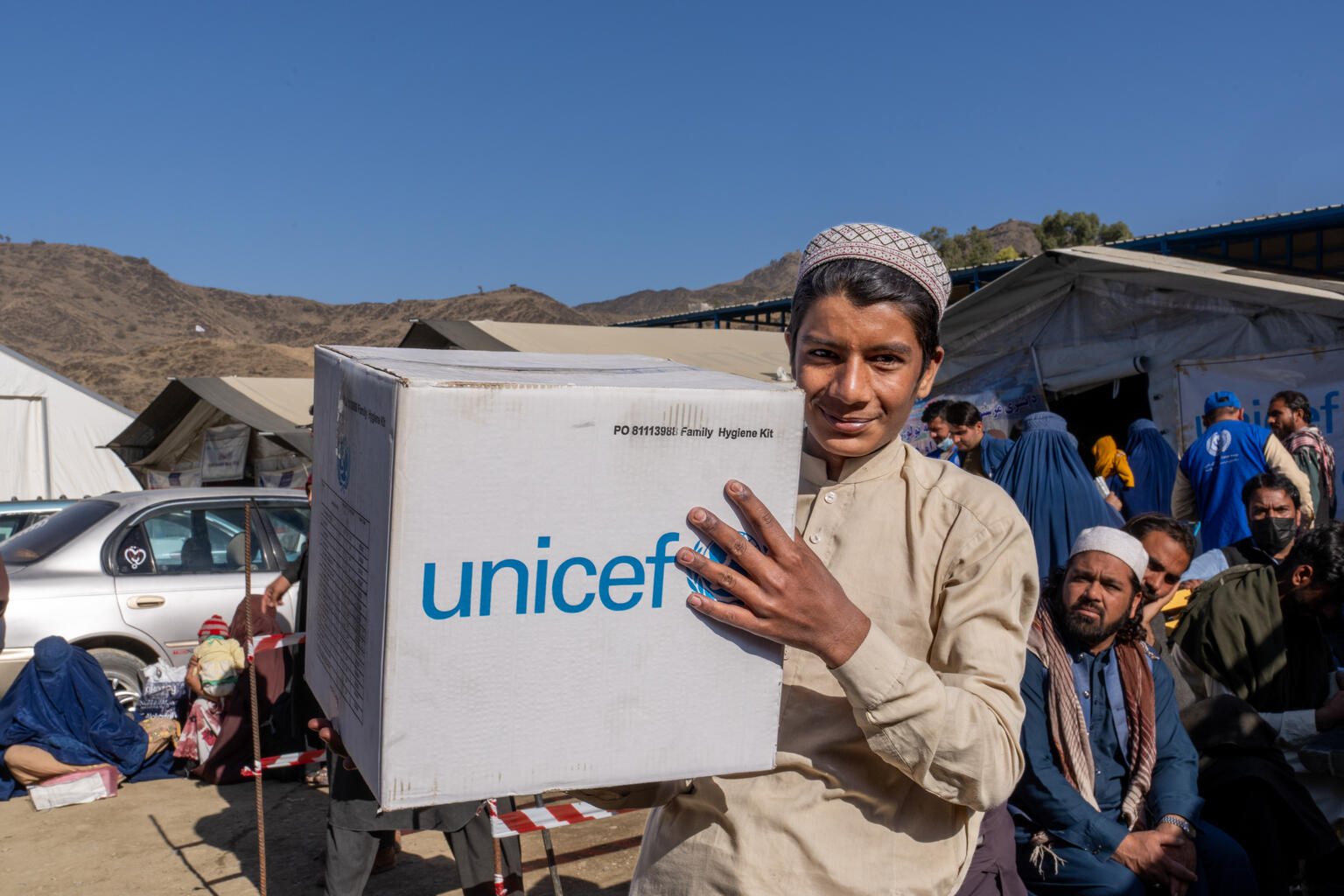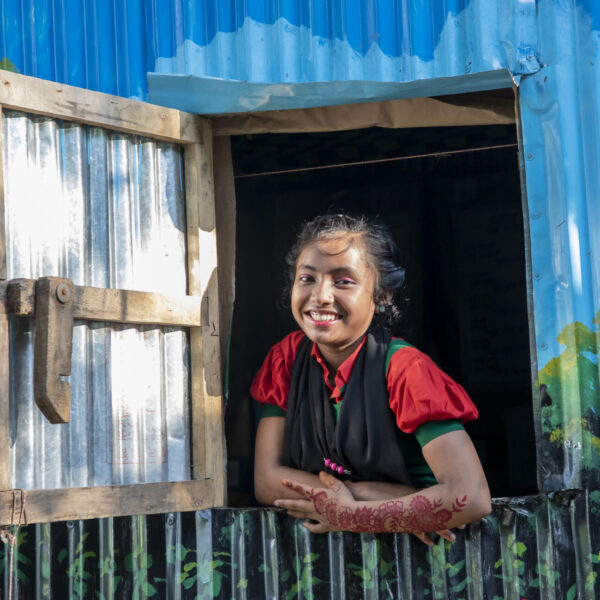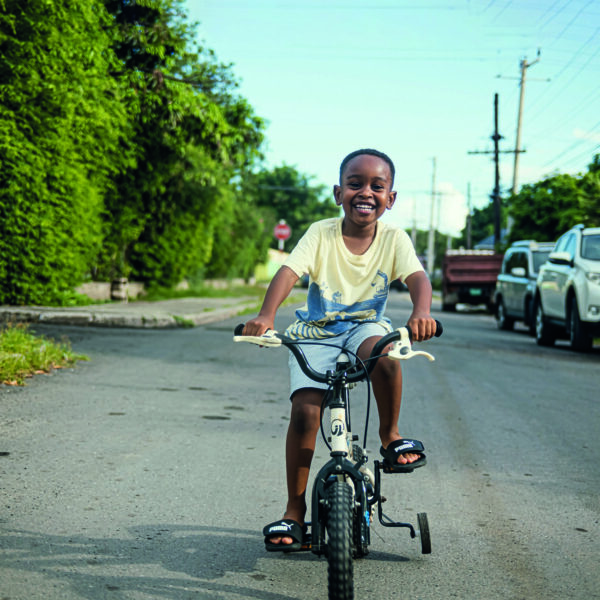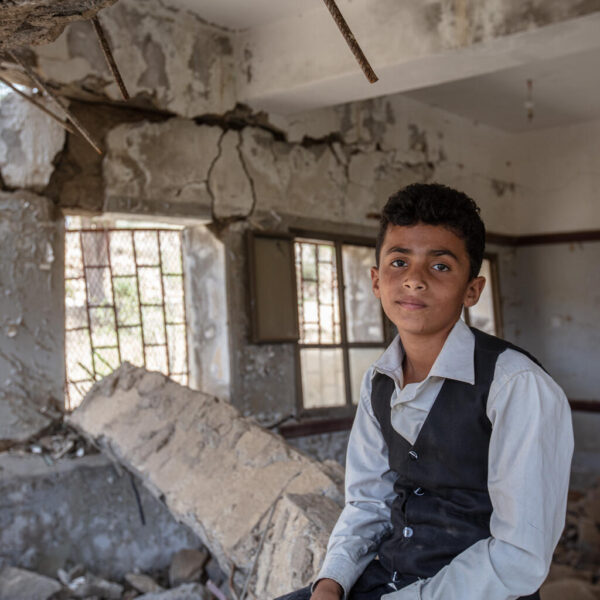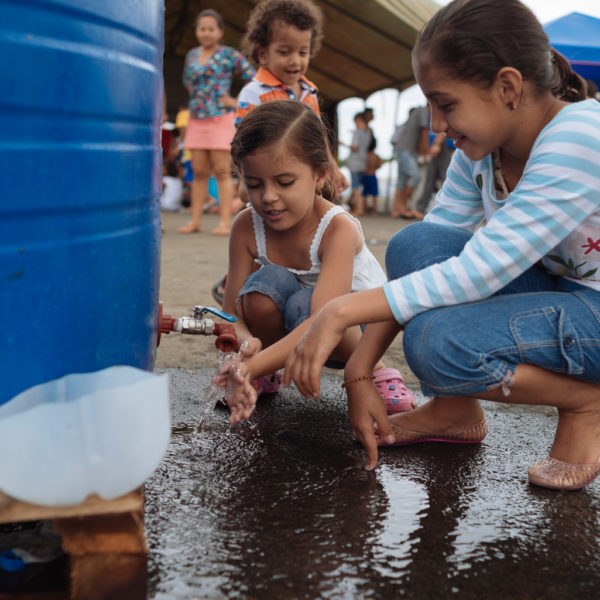Rapid emergency response, long-term support
When war breaks out or disaster strikes, children can lose their schools, their homes and their families. They may also see their access to water, food and shelter put at risk. All of this can leave them more vulnerable to abuse and exploitation as they fight to survive. Therefore, it is essential we respond quickly.
We work as hard as possible to ensure they have the best chance to survive and thrive. We have a presence in 190 countries and operate the world’s largest humanitarian warehouse network. This means when an emergency happens, we can kick-start a response straight away. Acting fast gives us the best possible chance at reaching children and families with supplies and protection.
But a crisis is only a moment in a child’s life—it doesn’t have to define it. As part of any emergency, a priority is to ensure that communities can recover as quickly as possible. We set up temporary classrooms to make up for lost teaching time and work alongside families and governments. We want children to thrive whatever their circumstances.
Our recent work in emergencies around the world
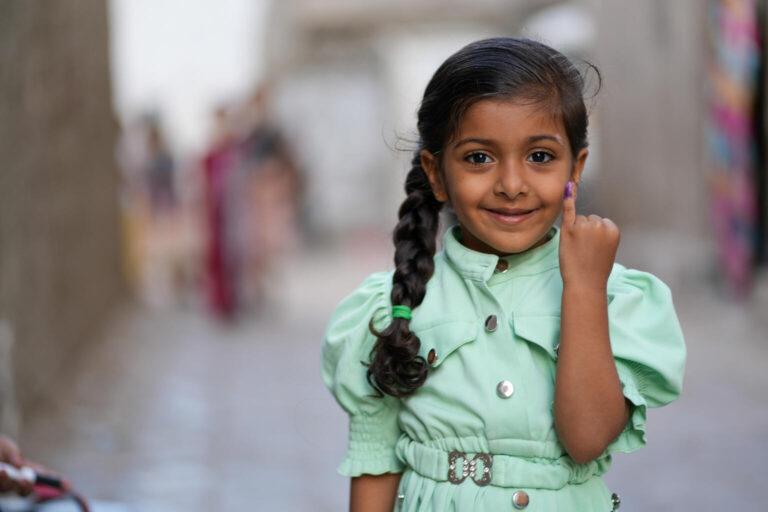
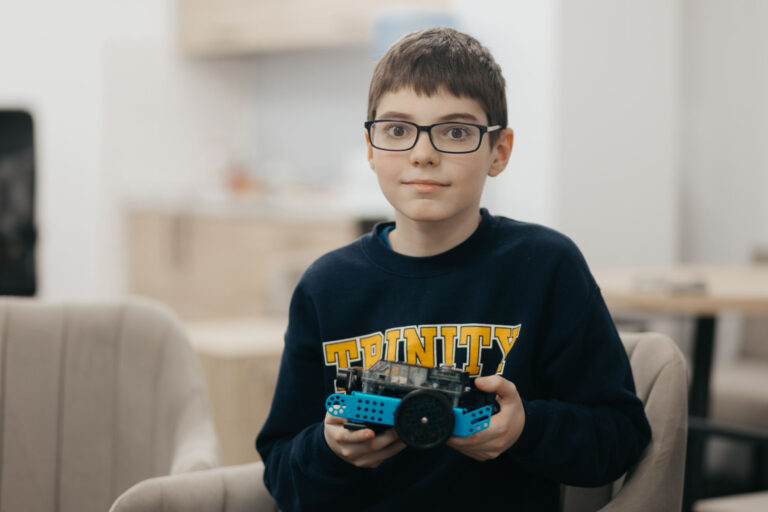
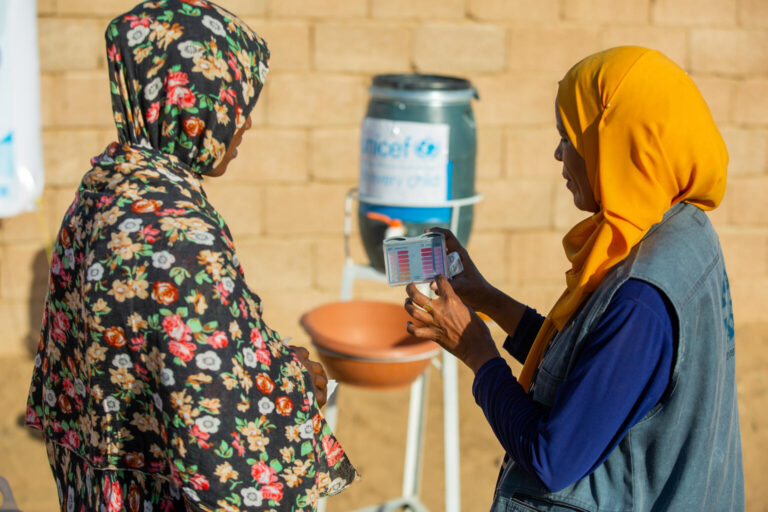
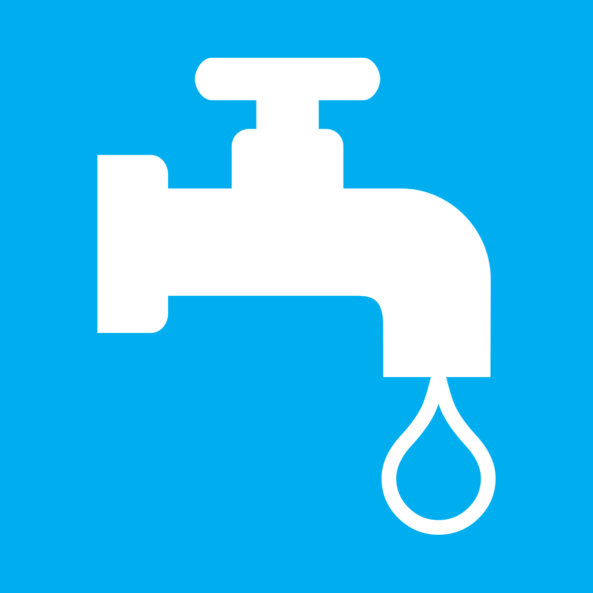
In 2022, over 30 million people got access to safe water as part of our emergency response
Learn more about WASHAsma’s Story
Emergencies expose children to risk, abuse and exploitation. Beyond providing life-saving supplies, our emergency response makes sure these children have access to places they can feel safe.
In Syria, war and the after-effects of the 2023 earthquake have left many children with difficult feelings.
Take twelve-year-old Asma. One day, her friend’s brother brought home a strange metal object that he found in the street. The piece exploded injuring the children. Fortunately, no one died in the incident.
Even so, Asma was in shock when she saw her best friend in bed after the injury. “I left their house, thinking that I might not reach mine. I was so afraid and had only bad thoughts in my head,” she recalled.
From that day onwards, Asma would panic in the morning before going to school in case a similar explosion happened.
Asma’s mother heard about a UNICEF-supported child-friendly space in the city, so she went there seeking support for her daughter.
There, she learnt about the psychosocial support programme. This programme works with children learning to cope with their emotions, manage their fears and express their feelings.
“They explained to us how to cope with our feelings and how to overcome our fears,” said Asma. “Now, whenever I have bad thoughts or feel afraid, I breathe deeply. Then I might go for a short walk around the house, draw, or write in my notebook. These things make me calmer.”
At the centre, Asma also attended awareness sessions about explosive ordnance. “I’ve become familiar with the common types and shapes of explosive ordnance, and I know what to do in case I see any,” explained Asma. “I’m more confident now and know how to protect myself.”
The space left a big impression on Asma. “I want to continue my studies to become the director of a child-friendly space. I want to help children realise and express their feelings well and be courageous by overcoming their fears,” she said.
Learn more about our work in Syria.
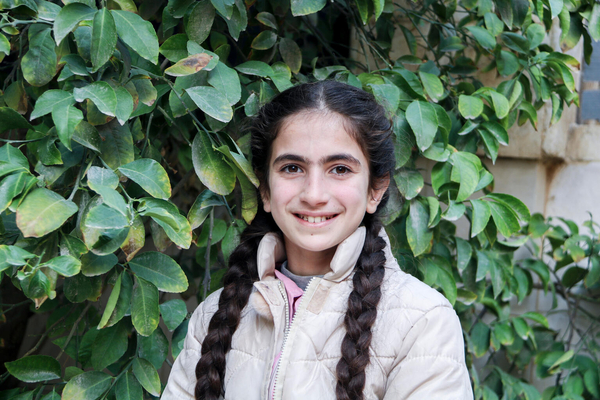
After an incident with an unexploded bomb injured her friend, Asma was too afraid to walk to school. Psycho-social support at a UNICEF-supported space worked with her to overcome her fears.
550,000
In Syria, we reached over 550,000 children like Asma with mental health support last year.
Help us reach more children in Emergencies
Your gift will go directly to our Children’s Emergency Fund to save and protect children in emergencies around the world.


